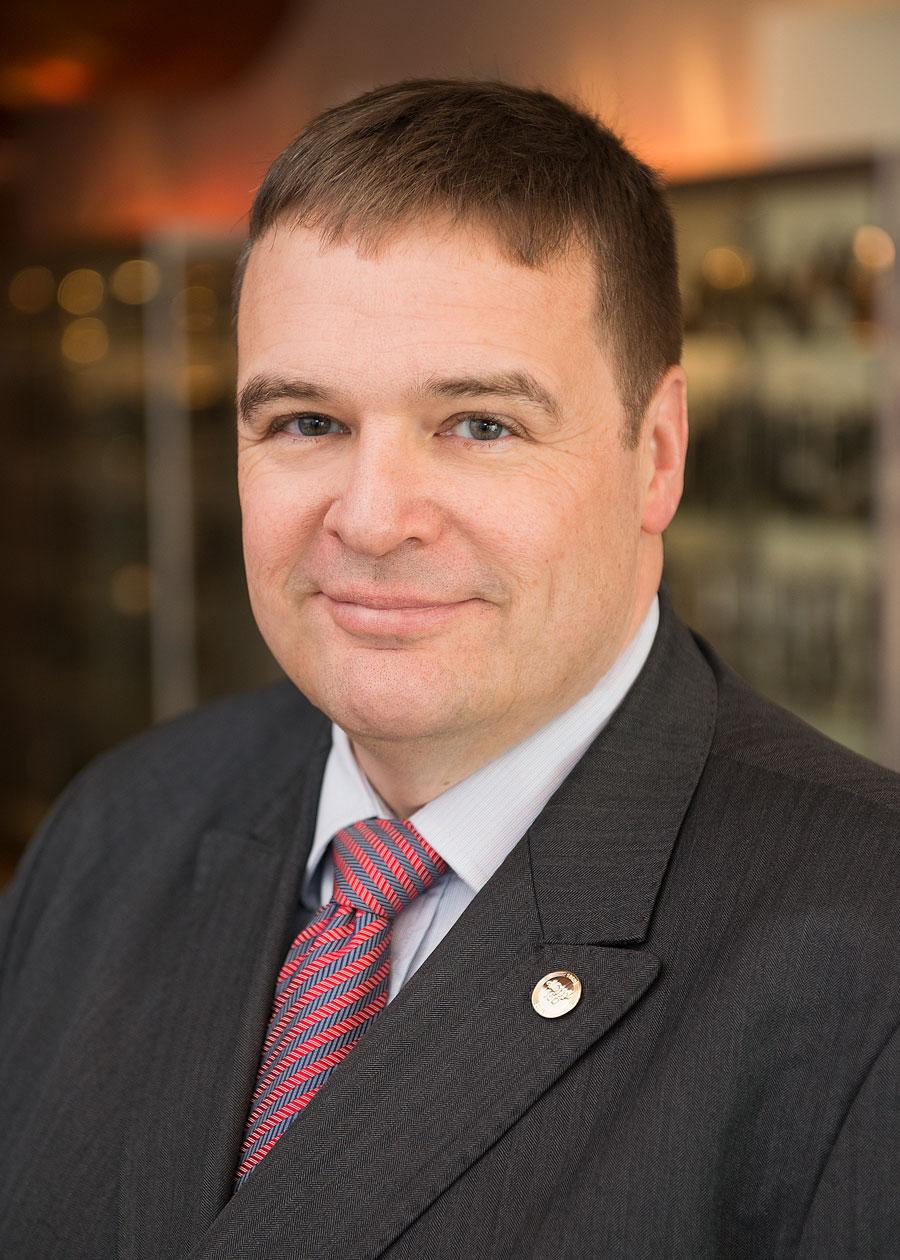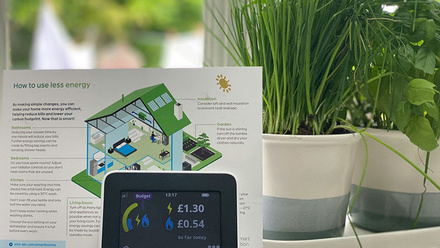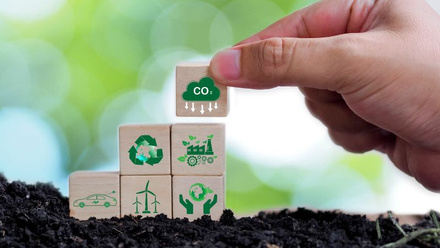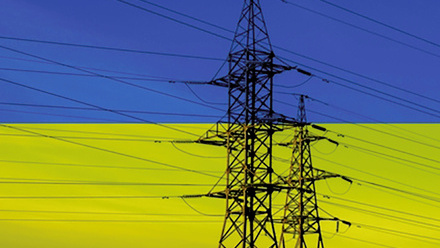Why we should care about the circular economy
IOM3 CEO Colin Church FIMMM considers the intertwined issues of resource efficiency, circular economy and decarbonisation and why IOM3 members have an important role to play.

Modern society operates a ‘take-make-use-lose’ model of resource use. We extract organic and mineral resources from the planet, turn them into items which we use once or many times, and then throw them away, hoping never to see them again. This is often called a ‘linear economy’.
This gives rise to several problems. Firstly, many of the resources we might want to extract are finite and, at some point (there are endless arguments about when), we will run out of them in nature.
Secondly, extracting resources can create environmental problems. According to the International Resource Panel (IRP), ‘extractive industries’ are responsible for more than 90% of biodiversity loss and water stress. Alongside this, there is a direct link between resource use and greenhouse gas (GHG) emissions, a point IOM3 has been making strongly.
By some estimates, cement production is responsible for 8% of global emissions and steel for around 5%, and overall solid material production (metals, wood, minerals and plastics) for 23%. Work by Green Alliance and CIE-MAP sets out how the UK could make a significant difference to its own GHG emissions through greater resource efficiency.
Finally, ‘throwing away’ is complex and potentially problematic too – the last few years have highlighted the problem of plastic waste in our oceans. But the issues with waste disposal are not new, they have blighted human settlements since we invented them.
Together, these issues mean we should try to extract resources with minimum negative environmental impact, maximise the efficiency with which we use those resources, minimise the amount that goes to waste and manage that waste properly.
The circular economy
A concept that has gained greater traction in recent years is that of the ‘circular economy’. Definitions vary in the detail, but in essence the idea is to keep resources in use at as high a value for as long as possible, restoring natural systems and eliminating waste. Recycling is one part of this, but other approaches such as reuse or repair are also important, especially where they require less energy input to achieve. Making a new steel car body from iron ore takes more energy than melting down an old one and reforming it, but the lowest energy route is to buy a used car.
A more circular economy means new ways of structuring businesses, with lease models and 'servitisation' growing (selling the outcome not the product). These models can also promote greater usage rates – on average, domestic cars in the UK are parked up to 96% of their lifetime, so car clubs can mean much greater utilisation and resource efficiency.
In the UK and beyond, the circular economy is now an accepted part of the policy vocabulary, for example, featuring heavily in government strategies in England, Scotland and Wales. Recent policy initiatives (such as the plastics packaging tax or changes to packaging recycling rules) are increasingly being designed with greater circularity in mind, albeit from a low base.
A truly circular economy is worth striving for as it is clearly part of the long-term solution. However, for now, it cannot be enough alone as the total demand for resources is growing to meet the increasing demands of developing and developed countries alike.
Many of the technologies we are counting on to reach net-zero GHG emissions rely on materials, minerals and mining, from lithium and cobalt for batteries, through to composites for lighter vehicles, packaging to avoid food waste, or concrete and steel for wind turbines. The World Bank estimates that we need to quintuple minerals and metals production to support our climate goals.
At the same time, billions of people do not yet have access to basic things such as safe water, clean air, decent shelter and proper waste management, and it is only right that they gain that access, with the resource consumption that follows.
Reusing existing products or recycling resources we have already extracted is of course essential, but it is not enough for the immediate future. For example, the steel industry already recycles about 85% of scrap arising but produces more than three times as much in total because the amount in use in society is growing year-on-year. Electric car batteries may well have a useful lifespan of a couple of decades, so recycling them will not provide us with enough lithium for all the new ones we need for a good while yet.
World Economic Forum definition of circular economy
A circular economy is an industrial system that is restorative or regenerative by intention and design. It replaces the end-of-life concept with restoration, shifts towards the use of renewable energy, eliminates the use of toxic chemicals, which impair reuse and return to the biosphere, and aims for the elimination of waste through the superior design of materials, products, systems and business models.
The role of IOM3 members
What materials we use, where and how we get them, how we use them and what we do with them once they have been used are therefore questions that are fundamental to the intertwined set of issues around resource efficiency, circular economy and decarbonisation. And of course, this is where IOM3 and its members come in.
To meet these challenges while maintaining good standards of living for the rich and improving the lot of the poor, we will need scientific endeavour, advanced engineering and innovative business models. Professional expertise and competence in materials, minerals and mining is essential if humanity is to meet these (and other) obstacles it faces. IOM3 members will increasingly find themselves being called upon to deploy theirs in this manner, which is one reason why IOM3 is happy to now award Registered Environmental Practitioner (REnvP) professional registration, so that members can demonstrate their commitment and competence in technologies and practices relating to the environment..
As a learned society and a professional body operating under a Royal Charter, IOM3 has a duty to engage actively in these issues, channelling the expertise of its members and using its networks to spread innovation and good practice. Examples of where it is already doing this include providing input to government consultations on packaging reform; working with research consortia to help heavy industry adapt (see p5 for work with the foundation industries); developing more exacting environmental and ethical professional standards for mineral extraction engineers; and collaborating with the Henry Royce Institute in promoting advanced materials research. So, if you see IOM3 looking for expert input, please do try to find the time to contribute.







